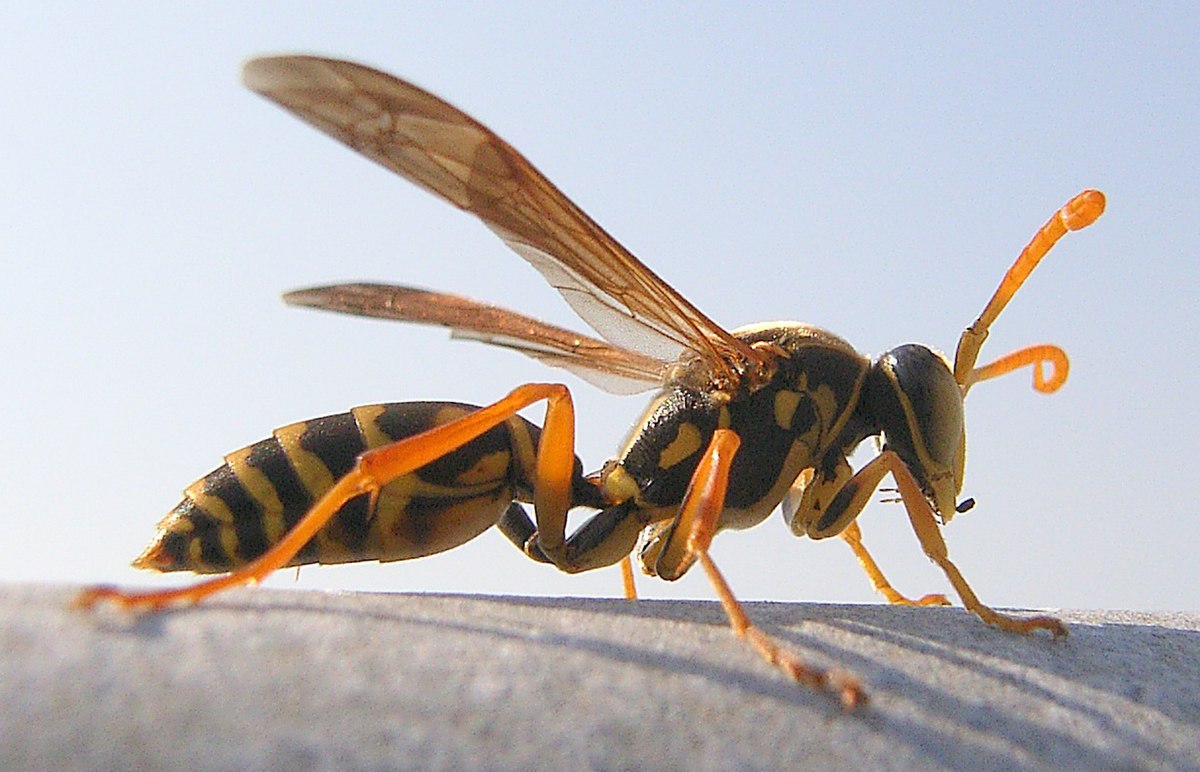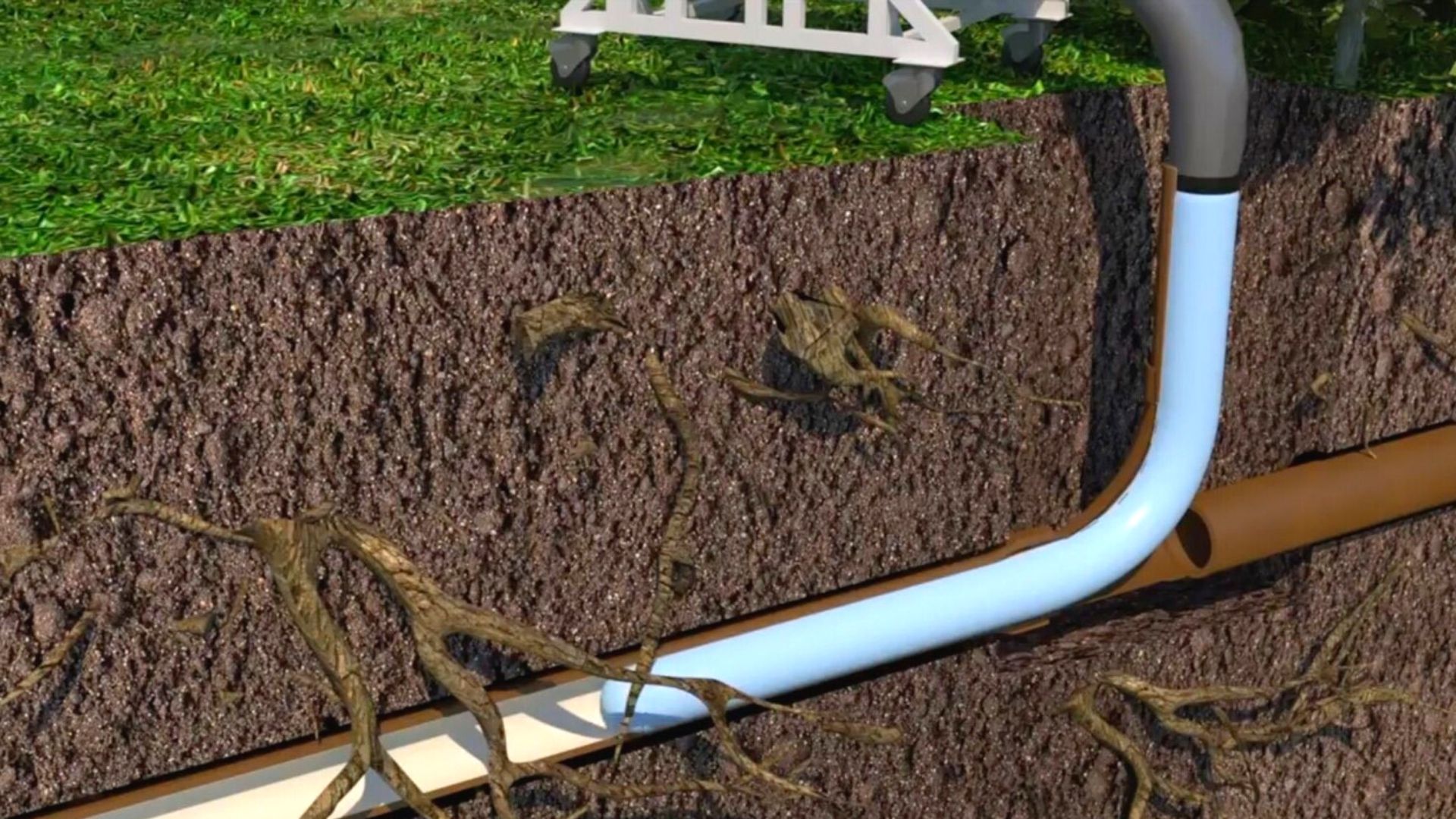As the weather warms up, many of us look forward to spending more time outdoors. However, along with the sunshine and warm temperatures, summer also brings an increase in the activity of stinging insects, including wasps. While these creatures play important roles in ecosystems, they can become a nuisance when they decide to build their nests too close to our homes or outdoor living spaces. To enjoy a wasp-free summer, it’s essential to take proactive steps to prevent these insects from moving in. Here are some effective strategies for keeping wasps at bay:
1. Seal Entry Points: Inspect the exterior of your home for any gaps, cracks, or openings that could serve as entry points for wasps. Seal these areas with caulk or silicone to prevent wasps from gaining access to your home.
2. Keep Food and Garbage Covered: Wasps are attracted to food and garbage, so be sure to keep all outdoor food and garbage containers tightly sealed. Avoid leaving uncovered food or sweet drinks outside, as these can attract wasps looking for a meal.
3. Clean Up Outdoor Eating Areas: After outdoor meals or gatherings, promptly clean up any food crumbs, spills, or leftovers. Wasps are attracted to food odors, so keeping outdoor eating areas clean and free of food debris can help deter them from lingering in your yard.
4. Remove Nesting Sites: Regularly inspect your property for potential nesting sites, such as eaves, attics, tree branches, and shrubbery. If you find any existing wasp nests, it’s best to have them removed by a professional exterminator to prevent further infestation.
5. Plant Wasp-Repelling Plants: Certain plants are known to repel wasps due to their strong scents or deterrent properties. Consider planting mint, basil, citronella, marigolds, or eucalyptus in your garden or around outdoor living areas to help keep wasps away.
6. Hang Wasp Traps: Set up commercially available wasp traps in strategic locations around your yard to capture and eliminate wasps. These traps use attractants to lure wasps in and trap them, reducing their population in your outdoor space.
7. Maintain Landscaping: Keep your landscaping well-maintained to reduce hiding spots and nesting sites for wasps. Trim overgrown bushes and trees, and regularly remove debris such as fallen leaves, branches, and mulch where wasps may hide or build nests.
8. Be Cautious with Scents: Avoid using strong-smelling perfumes, lotions, or scented candles outdoors, as these can attract wasps. Opt for unscented personal care products and natural bug repellents instead.
9. Educate Your Family: Teach your family members, especially children, about the importance of being cautious around wasps and how to avoid provoking them. Encourage them to remain calm and still if a wasp approaches and to slowly move away from the area.
10. Consult a Professional: If you have a persistent wasp problem despite taking preventive measures, consider consulting a professional pest control service. A pest control expert can assess your property, identify potential nesting sites, and provide targeted treatment to eliminate wasps and prevent future infestations.
By implementing these preventive measures, you can enjoy a wasp-free summer and make the most of your outdoor living spaces without the fear of unwanted stinging visitors. Taking proactive steps to deter wasps from moving in can help create a safer and more enjoyable environment for you and your family all season long.



